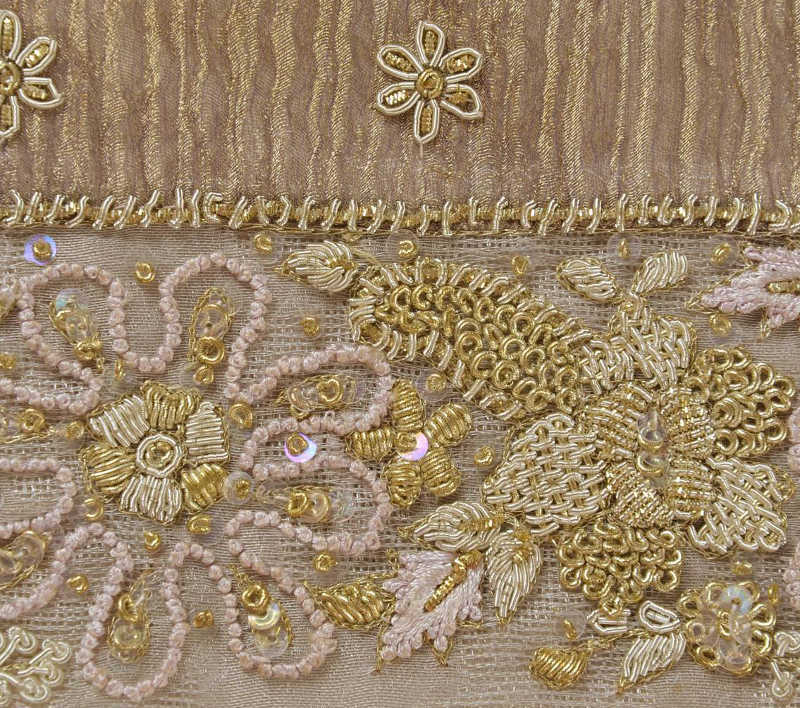===
0611,
3
===

=== |
 |
ḍūbnā : 'To dive; to sink, drown, be drowned; to drown oneself; to be immersed, be submerged'. (Platts p.568)
pāyān : 'End, extremity, extreme; termination, completion'. (Platts p.222)
kār : 'Act, action; work, operation, labour, occupation, service, business, function, duty, profession; affair, matter; use, practice'. (Platts p.799)
marjiyā : 'A diver'. (Platts p.1021)
FWP:
SETS == A,B
MOTIFS
NAMES
TERMS == AFFINITY; FRESH WORD; IHAM; WORDPLAYReally the verse creates a superb setting for that final punch-word, marjiye . Though the whole verse is so full of splendidly rich wordplay (beautifully explicated by SRF) that it's no mere 'mushairah verse'; its final punch-word provides the perfect culmination, but doesn't overpower the rest of the verse. The remarkable fact that this single word juxtaposes within itself the idea of 'die' and 'live' is a coincidence in one sense-- since, as SRF demonstrates at length, there exists no real alternative meaning for the word that is about dying and living. But in another sense it's no coincidence, since surely the word was chosen in the first place for its potent resonance with ḍūbnā , which can mean something neutral or even sometimes desirable ('to be immersed, to be submerged')-- or, of course 'to drown'.
As SRF also notes, the Arabic marjiye is so uncommon a word that dictionaries have to guess (often erroneously) at its meaning. In Ghalib's divan it never appears at all. So it certainly deserves credit as a 'fresh word'.
Then, the 'diver' is in pursuit of the 'moist' and shining 'pearl'. But what exactly is the nature of his search? When 'finally', in the end-stage of passion, he becomes a diver, is he diving down into his 'memory' of that pearl-beloved in order to 'immerse' himself entirely in rapturous absorption? Or is he diving down suicidally, in order to 'drown' in the depths of memory and passion, and never to come back up to the sterility of life on land?
Note for grammar fans: We have it on the authority of SRF that pāyān kār is an adverbial phrase, like āḳhir kār and with basically the same meaning. But even otherwise, if we were to read pāyān-e kār-e ʿishq meñ (which is metrically quite possible), we would have the perfectly satisfactory 'in the end/extremity of the practice of passion'.